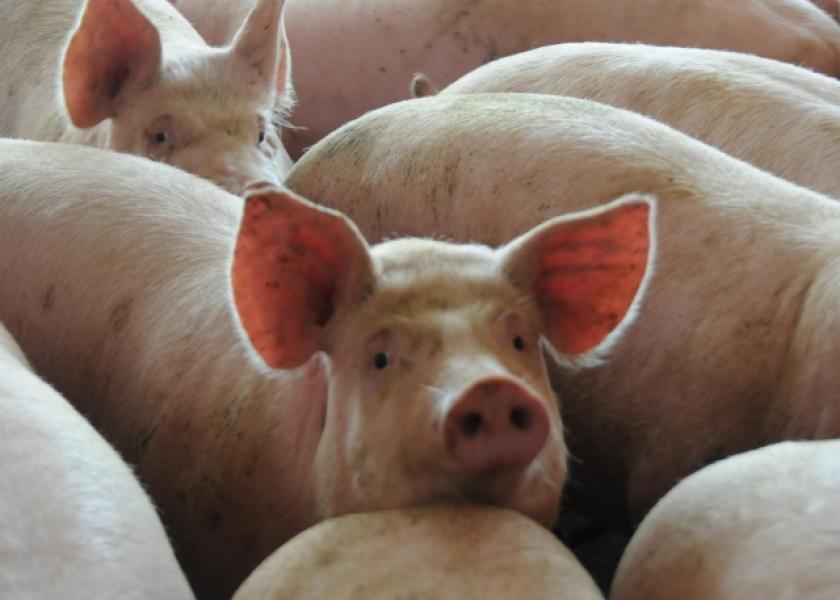US Allows Pork Plants to Keep Operating at Accelerated Speeds

By Leah Douglas and Tom Polansek
The U.S. Department of Agriculture on Tuesday said it will extend for up to 90 days a trial program that allows six U.S. pork plants to operate faster processing-line speeds while collecting data on how the speeds affect meatpacking workers.
The decision is a win for major meat companies like Tyson Foods TSN.N and JBS SA JBSS3.SA and their farmers at a time when both are losing money. Some activist groups like Food & Water Watch had opposed the program as a risk to food safety.
The plants, including one in Nebraska owned by Tyson and another in Illinois run by JBS' Swift Pork Co., were allowed to accelerate line speeds last year under a trial that required them to also implement worker safety measures under agreements with labor unions or worker safety committees.
Companies were eligible to participate in the trial because they had sped up processing speeds under a Trump-era rule that removed speed limits for hog-slaughtering facilities. A judge in 2021 invalidated that rule after the United Food and Commercial Workers (UFCW) union, which represents many meatpacking workers, sued the USDA over worker safety concerns.
Tyson declined to comment. JBS did not immediately respond to a request for comment.
Plants in the trial were also assigned to collect data on how line speeds affect workers and share it with the U.S. Occupational Safety and Health Administration.
The agency on Tuesday said that data collected so far was not sufficient to assess the impact on workers and that further data and a study would be commissioned in the coming 90 days.
"We respect the USDA’s decision to institute a short-term extension of the swine time-limited trial, so that thorough research and solid data can inform strong policy on plant line speeds and worker safety," UFCW International President Marc Perrone said in a statement.
Nearly 40% of the 74 million hogs in the United States are within 100 miles of the six plants, making them vital to processing supplies, according to Republicans on the U.S. Senate Agriculture Committee, who had warned that without USDA action, pork prices could rise and demand for hogs could fall.
(Reporting by Tom Polansek in Chicago and Leah Douglas in Washington; Editing by Bernadette Baum)







